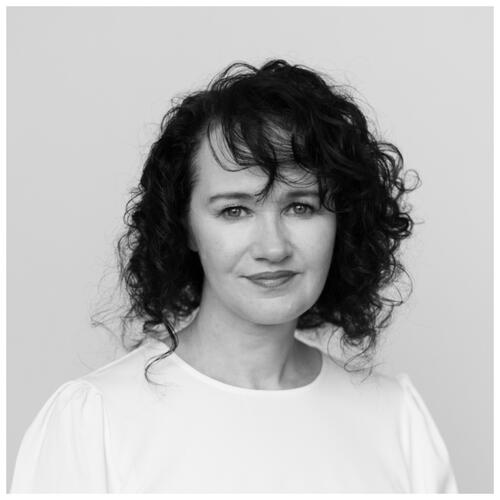Fiona Duncan: The death of one child or young person is one too many
The death of one child or young person is one too many. And whenever that death can be attributed to a ‘system’ that should care and protect, the outrage and shame Scotland feels must also be accompanied with action.
Yet, as evidenced by this data, over the past eighteen months since the conclusions of the Independent Care Review were accepted in full and when Scotland made a promise, the work done is proving to be inadequate in preventing more deaths. Alongside this, Scotland’s data collection methodologies are still not capable of robustly tracking not only deaths in the ‘care system’, but critically the life experiences and outcomes that are leading to this.
The recent agreement between Healthcare Improvement Scotland and the Care Inspectorate, to work together to establish a system for reviewing and learning from the circumstances surrounding the deaths of all children and young people in Scotland is welcome. But committing to learn from these tragedies is not enough. They must be stopped. And now.
Every single one of these statistics is a son or daughter, brother or sister, a friend. For every child or young person dying in Scotland’s ‘care system’, or after having ‘left’ its ‘care’, there is a family suffering unimaginable grief. In 2020, the year Scotland made the promise, this was 24 families, more than in the previous six years. Twenty-four children to whom that promise was not kept.
As the Review clearly set out, it is the responsibility of all agencies, national and local to support families before they reach crisis points. To make sure that children and young people who can’t live with their family, stay with their brothers and sisters, and belong to a loving home for as long as needed. Despite Scotland’s commitment over a year and a half ago to stop placing children on remand or in prison, today there are around 20 children in Polmont. Scotland accepted the need to provide trauma informed, thoughtful mental health support and therapies to children and young people at the point they are needed and yet today children are waiting. Scotland promised that young care experienced people who are moving on to live independently would do so at a time that suits them and in a way that focuses on their needs, with the option to return to a caring environment whenever they need or want to, like for birthdays and holidays, or to help cope with the challenges of life. And yet...
Now must be the time for the talk about #KeepThePromise to be replaced with tangible changes that will cherish and nurture the children in Scotland’s care.
Whilst responsibility to make these changes sits with Scotland’s various ‘care’ sectors, The Promise Scotland also has a role. That includes driving the change required through coordinating and supporting, overseeing and scrutinising, connecting and collaborating and – ultimately - challenging.
For the promise to be kept, there must be a sustained, unwavering focus alongside persistence for better. Just as parents across the land have for their child.
There must be hope. And that hope must result in action because, at the moment, growing up loved, safe and respected, is an unreachable outcome for too many.
About the author

Fiona Duncan
Independent Strategic Advisor
Fiona Duncan is the Independent Strategic Advisor on the promise, and advises Scottish Ministers in this capacity.
